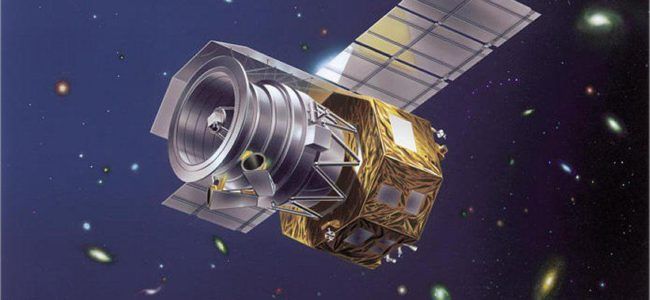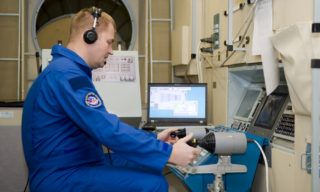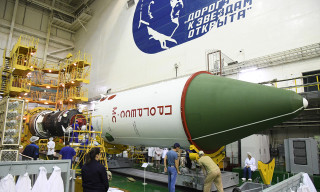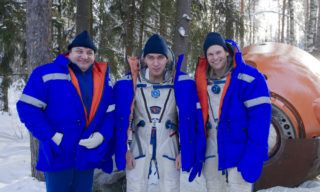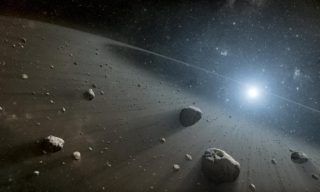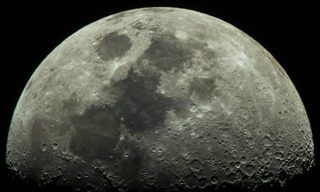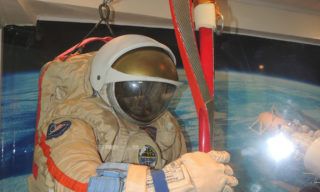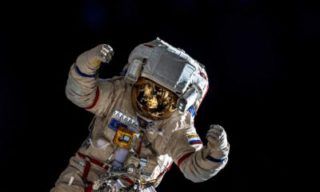Roscosmos and JAXA representatives started working on Russian and Japanese space telescopes projects uniting.
Both telescopes are designed to explore extragalactic space rays. The devices supposed to be installed on the ISS have to record glowing tracks formed by high-energy particles entering the atmosphere. The main object to be explored will be ultimate energy particles (that is the particles with GZK limit energy).
The key difference between the two telescopes is that JEM-EUSO will use lenses for focusing while the Russian one form the picture with the help of a mirror. The joint project will combine these approaches with Japanese party represented by RIKEN Institute developing optical devices and image sensors at that and Russian party creating the mirror and other parts of the telescope.
According to the senior scientist of Institute of Nuclear Physics of Lomonosov Moscow State University Pavel Klimov the details of the program how to unite two independent projects are being developed at the present time by joint working group. The most conservative variant of program implementation stipulates for full-size mirror being the main part of the telescope while the lens increasing the viewing angle from 7 to 14 degrees will be installed between the mirror and photon detector. The other variant suggests dividing the device into three separate telescopes thus increasing the view.
The dates of device launch to the ISS are not stated yet and the final plan of the project is not confirmed either.




